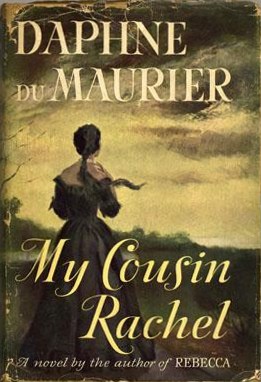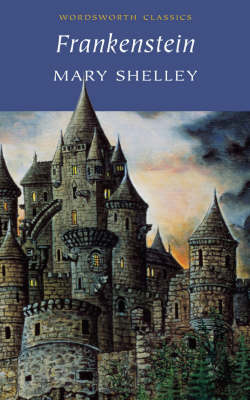
Could you imagine spending the rest of your life trying to prove yourself innocent of a crime that you didn't commit? Could you imagine trying to prove yourself innocent when you're not even sure what you've been charged with? This nightmare, besides sounding like a Doomsday version of the US court system, is the premise of Franz Kafka's The Trial.
I'd read Kafka's short stories (and absolutely loved them) before reading this novel. I love Kafka's style. His writing is meticulous and formal, but always engaging. Kafka, who was a lawyer by profession, excelled at writing "legalese" - official-sounding double-speak. Kafka's unique style and his skill in writing droning bureaucratic dialogue certainly adds to the realism of The Trial. This novel is very tense and almost suffocating, which is funny because the pacing is actually rather slow. That being said, the book's tension isn't based on high-speed action; the plot is fueled more by psychological suspense. Kafka creates a very atmospheric tale of suspense and confusion.
As much as I enjoy Kafka's style and atmosphere, I didn't like Joseph K. - the main character who tries to fight the mysterious Court that has charged him with an unknown crime. Conceited and petulant, Joseph is not easy to sympathize with. Kafka, however, is a talented enough writer that I still had to find out what happened to Joseph, whether or not I liked him.
I'm not going to deny it - The Trial is a bizarre book. This novel will certainly not appeal to everyone's taste. Don't expect this book to be a jaunty thrill-ride about a charming but roguish hero out to clear his good name. Expect a complex, murky riddle about a complex, and somewhat, murky protagonist out to clear his name, and you'll be in a better frame of mind to enjoy this book. The Trial is a fascinating literary non-sequitur; this depiction of an insane bureaucracy run amok is far more disturbing than more simplistic stories about a quest for justice.
I'd read Kafka's short stories (and absolutely loved them) before reading this novel. I love Kafka's style. His writing is meticulous and formal, but always engaging. Kafka, who was a lawyer by profession, excelled at writing "legalese" - official-sounding double-speak. Kafka's unique style and his skill in writing droning bureaucratic dialogue certainly adds to the realism of The Trial. This novel is very tense and almost suffocating, which is funny because the pacing is actually rather slow. That being said, the book's tension isn't based on high-speed action; the plot is fueled more by psychological suspense. Kafka creates a very atmospheric tale of suspense and confusion.
As much as I enjoy Kafka's style and atmosphere, I didn't like Joseph K. - the main character who tries to fight the mysterious Court that has charged him with an unknown crime. Conceited and petulant, Joseph is not easy to sympathize with. Kafka, however, is a talented enough writer that I still had to find out what happened to Joseph, whether or not I liked him.
I'm not going to deny it - The Trial is a bizarre book. This novel will certainly not appeal to everyone's taste. Don't expect this book to be a jaunty thrill-ride about a charming but roguish hero out to clear his good name. Expect a complex, murky riddle about a complex, and somewhat, murky protagonist out to clear his name, and you'll be in a better frame of mind to enjoy this book. The Trial is a fascinating literary non-sequitur; this depiction of an insane bureaucracy run amok is far more disturbing than more simplistic stories about a quest for justice.












